
One man shares his suicide survival story, and what he does to aid suicide prevention.

One man shares his suicide survival story, and what he does to aid suicide prevention.
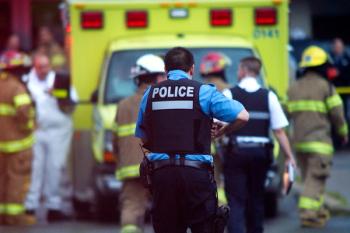
Rates of law enforcement suicide have increased over the past 5 years. How can this problem be prevented?
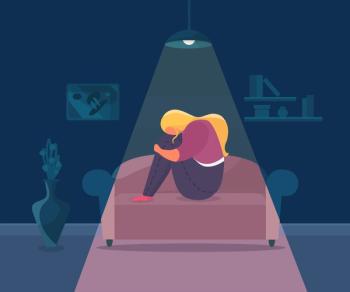
In the past decade, black teenage girl suicides have increased. How can we address this problem?

The Chief Medical Officer for the American Foundation for Suicide Prevention sat down to talk with Psychiatric Times about a number of important topics in suicide.

The term 'suicidal bombings' should perhaps be renamed 'homicidal bombings.' Here's why.

There's 1 suicide death every 45 seconds... every community has a suicide story, but we can help.

A former resident's reflection on burnout, physician PTSD, and their consequences for patient care.
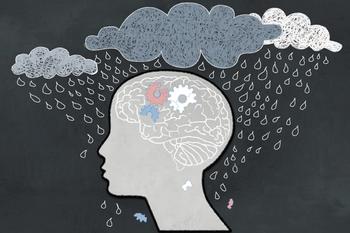
Explaining the suicidal mind and helping to provide closure to family/friends left behind is no small feat.
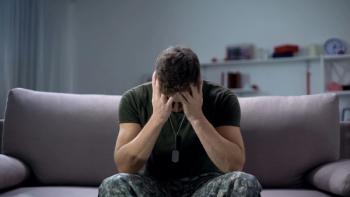
A recent survey found 70% of Afghanistan veterans have struggled with their mental health since serving.
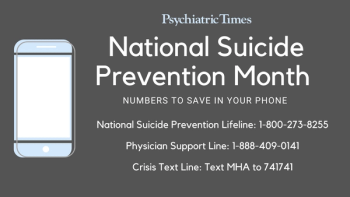
These phone numbers could save a life...

What suicide prevention programs have the best evidence for efficacy?

According to the CDC, construction workers commit suicide 4 times more than the general population. What can be done to stem this hazard?
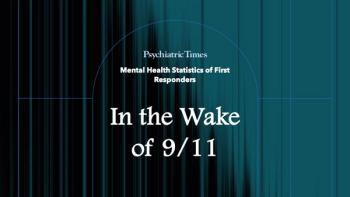
What toll does trauma take on police officers, firefighters, and EMT workers?

Some patients are intractably and maybe even irredeemably ill. What should be done for them?
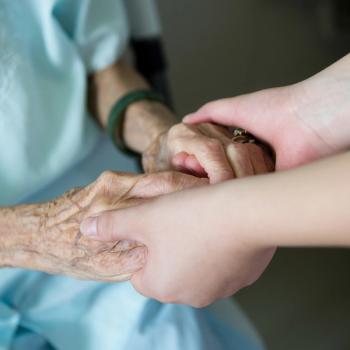
Proponents of medical aid in dying often accuse their opponents of lacking compassion. But what does that word really mean?
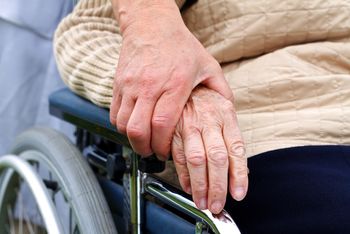
One doctor argues that assisted suicide is just that—suicide, not murder—and should be available for some patients.

If approved, SLS-002 would be only the second approved product for ASIB.

Should psychiatrists help patients end their own lives, even if it is technically legal?

Recent data from the CDC shows a rise in suicide attempts in girls aged 12-17. What can psychiatrists do?

Health outcomes are often determined by factors outside of the hospital and clinic. How can psychiatrists address mental health challenges before they become emergencies?

This renowned psychiatrist is donating a portion of the proceeds from his book sales to help stop US military veteran suicides.

Medical aid in dying is available for psychiatric patients in European countries and Canada. Will the United States be next?

Patients with terminal illnesses may choose to refuse treatment or even hasten their own deaths, but is that the same thing as suicide?


Will a new Canadian law overturn long-held ethical norms in psychiatry?